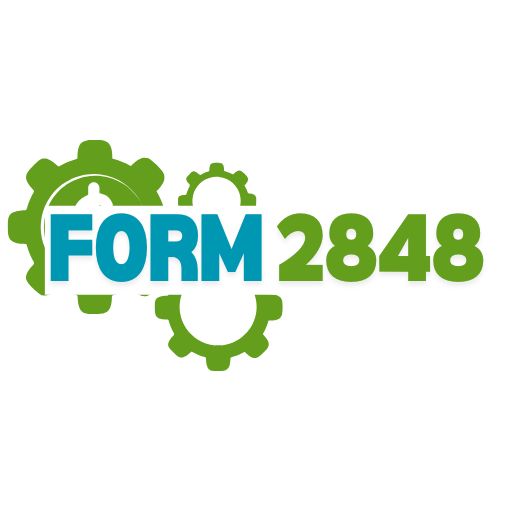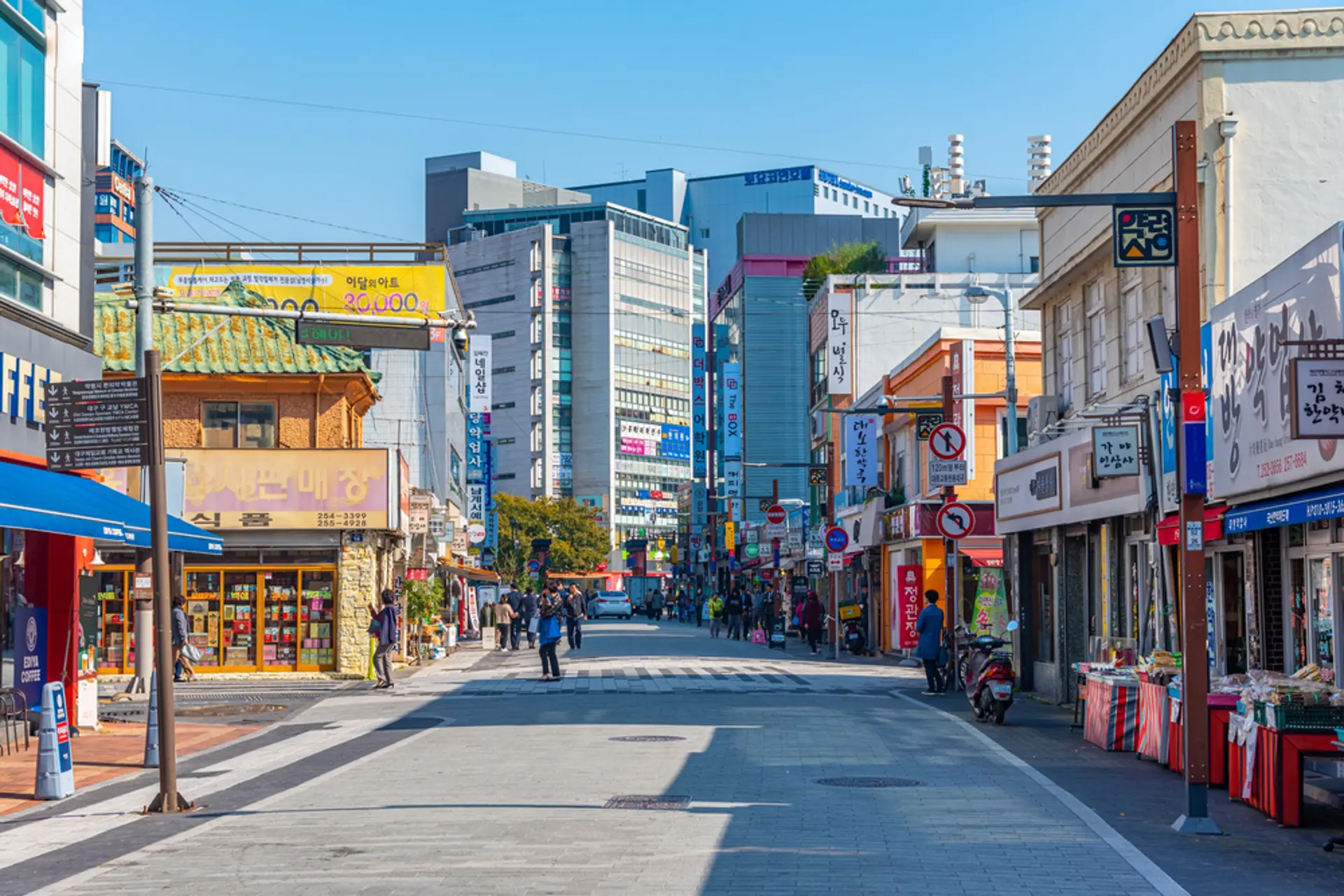The cyclical component of the coincident composite index, which reflects the current economic situation, fell again last month, failing to rebound for the ninth consecutive month. Indicators for production and investment also declined across the board. Although retail sales rose for the first time in three months, analysts suggest that this is largely due to weather or promotional events, making it difficult to see it as a genuine improvement in consumer sentiment. The government diagnosed the situation as “an expansion of uncertainty in the recovery path.”
According to the ‘November Industrial Activity Trends’ released by Statistics Korea on the 30th, the all-industry production index (seasonally adjusted, excluding agriculture, forestry, and fisheries) was 112.6 (2022=100) last month, down 0.4% from the previous month (113.0). By sector, both mining and manufacturing (-0.7%) and services (-0.2%) saw a decline in production.
In the mining and manufacturing sector, semiconductor production increased by 3.9%, setting a record high semiconductor production index of 175.2, but declines in automobiles (-5.4%) and electronic components (-4.7%) had a significant impact. The decline in automobiles is analyzed to be influenced by strikes at parts suppliers.
In the service sector, production increased in information and communication (3.2%) and accommodation and food services (2.3%), but was sluggish in water supply, sewage, and waste management (-5.7%). The slowdown in the growth of household and corporate loans by banks also affected the decline in production in the financial and insurance sector (-2.9%).
Retail sales, which indicate the consumption of goods, increased by 0.4% compared to the previous month. Retail sales had been declining consecutively in September (-0.3%) and October (-0.8%) after rising in August (1.5%), but turned positive for the first time in three months. However, analysts suggest that it is difficult to see this as an improvement in consumer sentiment. While consumption of semi-durable goods like clothing increased by 4.1%, consumption of non-durable goods like food and beverages (-0.7%) and durable goods like passenger cars (-0.1%) decreased. Gong Mi-sook, director of economic trend statistics at Statistics Korea, said, “It seems that the sales of winter clothing were spread over October and November due to unexpectedly mild weather last month.”
Facility investment decreased by 1.6% compared to the previous month, continuing the decline for the second consecutive month since October. While there was an increase in transportation equipment (0.1%), there was a decrease in machinery such as display manufacturing equipment (-2.0%). Construction performance (construction industry, constant) decreased by 0.2% as construction results in architecture declined. The construction industry has recorded a minus (-) for seven consecutive months since May, the longest period since statistics began in August 1997.
The cyclical component of the coincident composite index fell by 0.5 points to 97.6 compared to the previous month. The cyclical component of the coincident composite index had been declining month-on-month from March to September, showed no change in October, and fell again last month.
The Ministry of Economy and Finance stated regarding the industrial activity trends results, “We will mobilize all available resources, including changes to fund operation plans, additional investments by public institutions, and policy finance, to strengthen the economy.”
The Ministry of Economy and Finance cited the strikes at auto parts suppliers and the disruption to exports caused by heavy snowfall last month as reasons for the decline in mining and manufacturing production. In the case of electronic components, it is believed that the effect of new product launches, such as the iPhone 16, has diminished.
There is also analysis that it is uncertain whether the retail sales index, which rebounded last month, will continue in December. This is because consumer sentiment is said to have significantly weakened due to various political issues, including martial law and impeachment, that occurred earlier this month. However, a Ministry of Economy and Finance official said, “In the case of the construction industry, as construction orders have increased since the second quarter of this year, positive indicators are expected to emerge from the second half of next year.”
Kwangsik Lee, [email protected]

